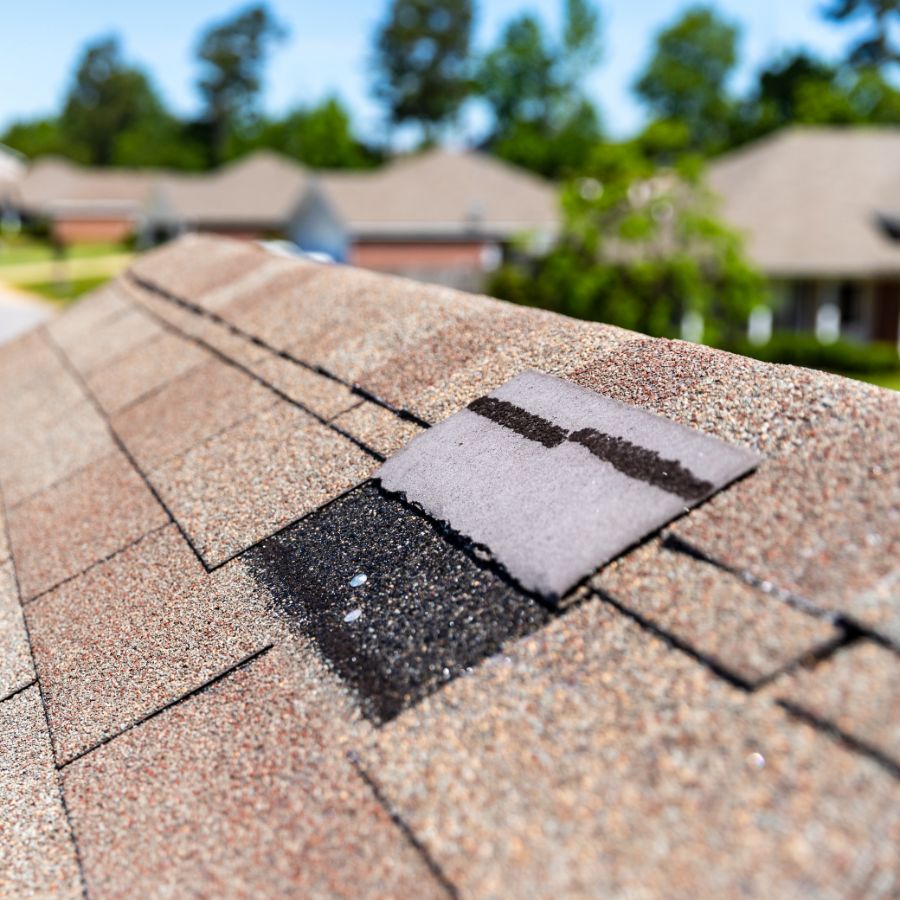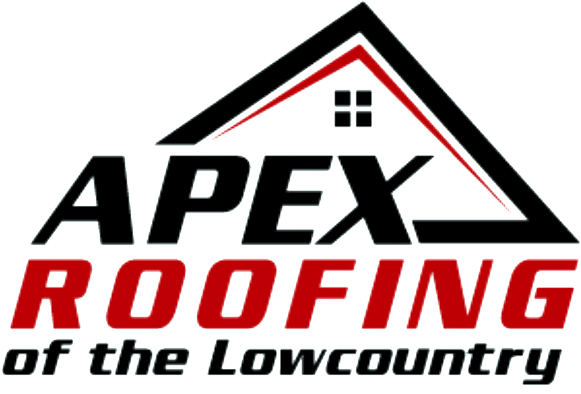How to Spot and Prevent Common Roofing Scams: A Homeowner’s Guide
We’ve got your back when it comes to identifying and avoiding common roofing scams. Protect yourself by scrutinizing low prices, verifying credentials, and resisting high-pressure sales tactics. Be wary of contractors asking for full payment upfront, as this is a red flag for potential scams. Engage with local, certified roofers who have a record of delivering quality work. Don’t let unlicensed contractors sway you with their offerings; their substandard work can lead to penalties and insurance issues. By staying informed and vigilant, you can maintain your roof’s integrity. Keep exploring and you’ll find more measures to further safeguard your home.
Understanding Roofing Scams
In the aftermath of a storm, homeowners in regions such as Kingwood often become the main targets of roofing scams. These deceptive strategies prey on vulnerable homeowners, exploiting their need for quick and affordable repairs. It’s crucial that we recognize common scam signs to safeguard ourselves and our communities.
Fraudulent roofers typically offer unnecessary or incomplete work, leaving homeowners with subpar roofs and empty wallets. They often show up immediately following severe weather, claiming to specialize in storm damage repairs. Their prices may seem irresistibly low, but remember that if a deal seems too good to be true, it probably is.
To avoid falling prey to these scams, we must be vigilant. Always research potential contractors thoroughly, verifying their credentials and asking for references. Written estimates and detailed contracts are non-negotiables. Don’t be pressured into a decision or a cash-only deal. Regular maintenance and early detection of issues can also reduce the risk of costly repairs.
Understanding why regions like Kingwood are prime targets for roofing scammers can empower us to resist their tactics. Let’s stand together against roofing scams and guarantee our homes remain our safe havens.
Spotting High-Pressure Sales Tactics
When it comes to high-pressure sales tactics in roofing scams, we need to remain alert. Unscrupulous contractors often employ these tactics, rushing homeowners into making quick decisions without giving them time to properly assess the situation. These aggressive sales tactics can create a sense of urgency, manipulating homeowners into believing immediate action is required.
It’s important to remember that urgency and fear tactics are commonly used to pressure homeowners. They may insist that your roof is in immediate danger of collapsing or that a special ‘limited time’ discount is available. These tactics are designed to panic you into signing contracts or making payments on the spot.
Don’t fall for these tactics. A legitimate roofing company will provide detailed information and give you the time you need to make an informed choice. Be wary of anyone who doesn’t respect your need to research or seek other opinions. We must stand firm against these high-pressure sales tactics and make decisions based on thorough research and proper consultation rather than fear and urgency. After all, it’s your home and your money on the line.

Don’t worry, this isn’t our work!!
The Dangers of Upfront Payments
Steering clear of upfront payments can save us from many headaches down the line. Roofing scammers often demand full payment upfront, promising a convenient, hassle-free process. However, this is one of the biggest red flags to watch out for.
Here’s why we should avoid upfront payments:
- Risk of Scams: Unscrupulous contractors may disappear after receiving full payment, leaving us with an unfinished or poorly done roofing job.
- Lack of Motivation: Once contractors have their payment, they may lack the motivation to complete the job to our satisfaction.
- Limited Recourse: If we’re unsatisfied with the work, or if the project isn’t completed, we have limited options for recourse once the money has changed hands.
- Unnecessary Pressure: Paying upfront can create a sense of pressure and urgency that isn’t in our best interest.
Identifying Fraudulent Roofers
We all need to stay watchful when it comes to identifying deceitful roofers. It’s not just about saving money; it’s also about safeguarding the security and longevity of our homes. Therefore, recognizing the warning signs is pivotal. Roofers without proper licensing and insurance pose a significant risk. They can leave homeowners with legal issues, poor workmanship, and warranty problems.
Door-to-door solicitors and storm chasers are common tactics these fraudulent roofers use. They target homeowners, especially after a storm, promising quick repairs and discounts. But be cautious, as these are often scams designed to exploit vulnerabilities and rush decisions.
Another red flag is inconsistent branding. Legitimate contractors take pride in their work and their brand. If a roofer’s vehicle or clothing lacks consistent branding, or if they can’t provide a business card, be wary.
Exaggerated damage claims are another unmistakable sign. Deceitful roofers might exaggerate the extent of damage or overcharge for repairs. Keep these warning signs in mind, and remember: even in the face of immediate repairs, it’s better to take a moment and confirm you’re not dealing with a scam.
Verifying Roofer Credentials
After having an understanding of the red flags that fraudulent roofers wave, it’s equally imperative to know how to verify the credentials of potential roofers. This step is critical in ensuring the credibility and reliability of the roofer you’re considering.
- Check the roofer’s license: Every legitimate roofer should have a license number given by relevant authorities. Don’t just take their word for it; validate it.
- Investigate their insurance coverage: Make sure they have worker’s compensation and liability insurance to safeguard you from unexpected costs.
- Examine their certifications: Certifications are a sign of professional training and adherence to industry standards.
- Confirm their physical address: A consistent, reliable physical address and contact number indicate a well-established, dependable business.
The Importance of Written Estimates
While many homeowners may overlook the necessity of written estimates, they are actually an essential tool in any roofing project. These documents provide a clear breakdown of costs for materials and labor, eliminating guesswork and preventing misunderstandings about the project scope.
When you’re dealing with significant home improvements, clarity is vital. That’s where written estimates come in handy. By comparing estimates from different roofers, you can make more informed decisions that align with your budget and expectations. This not only empowers you to choose the best service for your needs but also puts you in a position to negotiate effectively.
Moreover, a written estimate isn’t just a piece of paper—it’s a legal document. It outlines agreed-upon terms and conditions, serving as a reference point in case of disputes. This is pivotal to protecting homeowners from potential scams and ensuring a fair, transparent process from start to finish.
Evaluating Roofer Proposals
Having a written estimate in hand is just the first step towards a successful roofing project. The next critical phase is evaluating roofer proposals. This is no small task, but it’s one we must undertake with care to make certain we’re not falling for scams or paying more than necessary.
- Reputation: Don’t just look at the price; consider the roofer’s reputation. Do they have positive reviews and referrals? Are they known for their professionalism and quality of work?
- Pricing: Make sure the pricing is competitive, but remember the most inexpensive option isn’t always the best. Beware of hidden fees or charges.
- Expertise: Roofing isn’t a one-size-fits-all job. Does the roofer have expertise in dealing with your specific roofing materials and issues?
- Materials and Contract Details: Does the proposal specify the quality of materials to be used, warranties offered, and project timeline? Make sure that it aligns with your insurance coverage and expectations.
Evaluating roofer proposals may seem challenging, but it’s an essential step to protect your home and pocketbook. We’re here to help you navigate this process and make informed decisions.
Avoiding Storm Chaser Scams
In the aftermath of a severe storm, it’s crucial to be on the lookout for storm chaser scams. These opportunists often target areas hit by harsh weather, preying on vulnerable homeowners with promises of quick fixes and unrealistically low prices. They employ pressure tactics to secure contracts, leaving homeowners with subpar repairs or unfinished projects.
To prevent falling victim, we must be wary of out-of-state roofers who suddenly appear after a storm. They may not possess the necessary local licenses or insurance. It’s important to verify the legitimacy of all roofers, ensuring they have a local presence and the proper credentials.
Don’t be rushed into making hasty decisions under pressure. Take your time to research and consider your options. If a deal seems too good to be true, it probably is. Ask for written estimates and detailed contracts. Avoid cash-only transactions and be suspicious of anyone requesting full payment upfront.
The Risk of Unlicensed Contractors
Just as we must be vigilant about storm chaser scams, we also need to be aware of the risks associated with hiring unlicensed contractors for our roofing needs. Engaging with these individuals or firms can lead to a multitude of problems, including legal risks, insurance issues, and potential for poor workmanship.
- Legal Risks: Unlicensed contractors may not meet the state’s requirements for roofing work. This could mean you’re breaking the law by hiring them, and you could face penalties.
- Insurance Issues: If an accident or damage occurs during the project, your insurance company may not cover it because the work was done by an unlicensed contractor. This leaves you bearing the cost.
- Poor Workmanship: Unlicensed contractors often lack the necessary training and experience, leading to poor quality work. With no governing body to hold them accountable, you’re left with a substandard roof and no recourse.
- Uninsured Contractors: If a contractor is both unlicensed and uninsured, this leaves you vulnerable to financial losses if an accident occurs or the work is left incomplete.
Let’s prioritize safety and quality by always choosing licensed, insured contractors for our roofing needs.
Spotting Inflated Damage Claims
Too many times, we’ve seen homeowners get taken advantage of through inflated damage claims. Scammers exploit your lack of roofing knowledge to exaggerate the extent of roof damage, leading to unnecessary repairs and higher costs. But don’t worry, spotting these scams isn’t as hard as it seems.
Watch out for contractors who overstate the damage. If they’re pushing for extensive repairs when your roof only has minor damage, it’s a red flag. Don’t be rushed into signing contracts or making full payments upfront. It’s your home, and you have the right to take time and make informed decisions.
We advise getting multiple assessments from reputable companies. It allows you to compare and spot discrepancies in damage claims. Regular roof maintenance also helps in early detection of potential issues, saving you from costly repairs.

